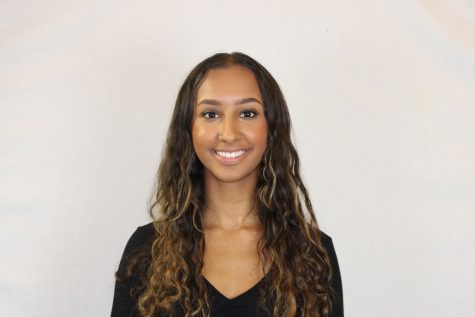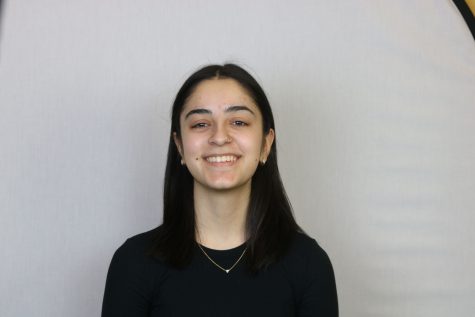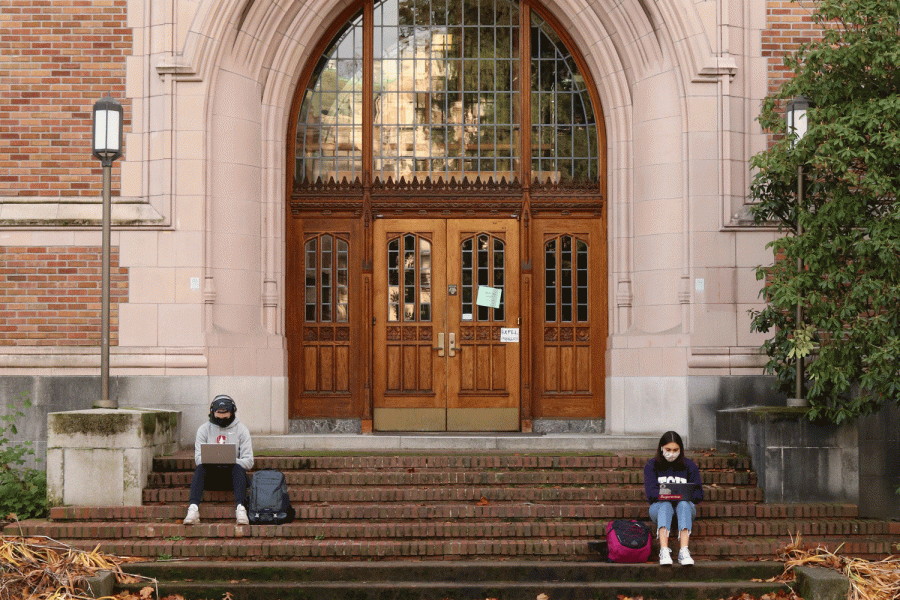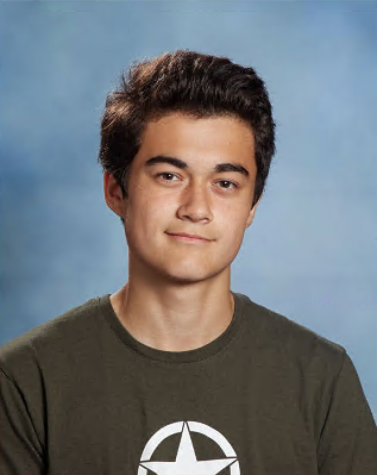What Comes Next?
UPrep seniors consider post-high school options during a pandemic
Photo: Aidan Lee
University Prep Seniors study outdoors while maintaining social distancing.
After graduating from University Prep last year, Ben Tratt decided to try something new. Tratt opted to spend the year on a road trip down the West Coast since the pandemic caused classes at California Polytechnic Institute to be held online.
“[I decided to] take a gap year because, at worst case, next year Cal Poly will basically be the same as what it is this year,” Tratt said. “Best case, it’ll be more classes in person and less wearing masks and stuff like that.”
During a gap year, students have the option to work, travel, volunteer or do something else productive.
“You can’t just be living at home in your parents’ basement playing video games. That’s not a viable gap year,” Director of College Counseling Kelly Herrington said. “We want you to be able to articulate how you’re going to grow academically, or how you’re going to grow extracurricularly during that year.”
In order to take a gap year, students must first apply to the colleges of their choice. Most colleges offer students the option to request for a deferral once they have been accepted, which would let them attend the school the following year. A gap year gives students who might not yet be ready for college the opportunity to explore their interests without the limits of a classroom.
“Research shows that students who take a year between when they graduate from high school and attend college usually have higher GPAs because they’re more engaged,” Herrington said.
Anjali Choudhury, Queen’s University freshman and member of the UPrep Class of 2020, decided not to take a gap year because of the limited options available as a result of COVID-19.
“It wasn’t really an option for me,” Choudhury said. “My parents won’t allow me to work because they’re nervous about COVID and I wouldn’t be doing anything productive throughout my gap year because I’d still be living at home.”
Choudhury is taking her classes online from her parents’ house.
“I chose to stay home because I didn’t feel like I was going to be able to have the opportunity to meet a lot of people because of the [COVID-19] restrictions,” Choudhury said.
Senior Brandon Rosenberg is currently in the process of applying to colleges, and plans on majoring in mechanical engineering. Rosenberg plans on taking a gap year and moving to Austin, Texas with a group of four to six friends.
“We [are] all planning on getting jobs and working. I’m trying to get an internship that’s going to get me ready for my major in college,” Rosenberg said.
Rosenberg hopes to wait until COVID-19 dies down before beginning his freshman year of college.
“I was talking to a lot of my friends who are in college and [are] just saying the experience isn’t the same,” Rosenberg said. “Hopefully the pandemic will be under control by the time I go into college, and I will be able to have more of a traditional college experience.”
While the isolation of online learning has been difficult for students, including those on college campuses, New York University freshman and UPrep alum Paige Welikson has found a silver lining.
“It’s definitely a lot more time alone than I ever spent before college, but it’s made me grow a lot,” Welikson said. “I think that I was looking for a lot of independence in my college experience, so while it didn’t come as I expected it to, I try to see it as a positive.”
Welikson decided to attend college on campus despite this year’s extra challenges.
“At the end of the day I decided that college was about going out of my comfort zone,” Welikson said. “Whatever the risks were, I had the opportunity to go to school and I was going to take it.”
Tratt and Rosenberg are not the only students who have decided to take a gap year. Students at Seattle University, unlike schools such as the University of Washington, are allowed to defer and take a gap year.
“We did have a pretty significantly larger number of students choose to defer their enrollment,” Director of Undergraduate Admissions at Seattle University James Miller said. “A lot of students decided that their ideal college experience wasn’t about sitting isolated in a residence hall and doing most of their courses on Zoom.”
Seattle University has also seen an increase in local student enrollment due to COVID-19.
“Families and students together were looking at their choices and saying ‘Hey, you know, this is a more local option. This feels safer. This feels more controllable,” Miller said.
At the end of the day I decided that college was about going out of my comfort zone. Whatever the risks were, I had the opportunity to go to school, and I was going to take it.
A lot of college students might be tempted to take a gap year because of the pandemic, but Miller says it is important to remember that it delays the college experience by a year.
“What’s most important [instead of a gap year] is getting started with that bachelor’s degree so that you can not have any delay in starting the amazing life you’re going to lead,” Miller said.
Senior Laila Rhenifel hopes to spend next year as a college freshman on campus. But, because of COVID-19, she is exploring other options.
“I think that a gap year would allow me to earn some money that I can take with me to college,” Rhenifel said. “But I’d like to start right away and go on campus and be there in person if that’s possible.”
If campuses are still closed next year, Rhenifel plans to take a gap year to work.
“If I can’t even step foot on campus, I don’t really see a point in paying a lot of money to have an experience that’s supposed to be centered around being in person,” Rhenifel said.
Your donation will support the student journalists of UPrep.

Loobna Shego is one of the web editors-in-chief of UPrepmedia.com and she has been on staff for four years. Her favorite type of stories to write are op-eds,...

Mira Hinkel is a staff member of the Puma Press, and this is her second year on staff. She enjoys writing news stories and covering student life. Her favorite...


